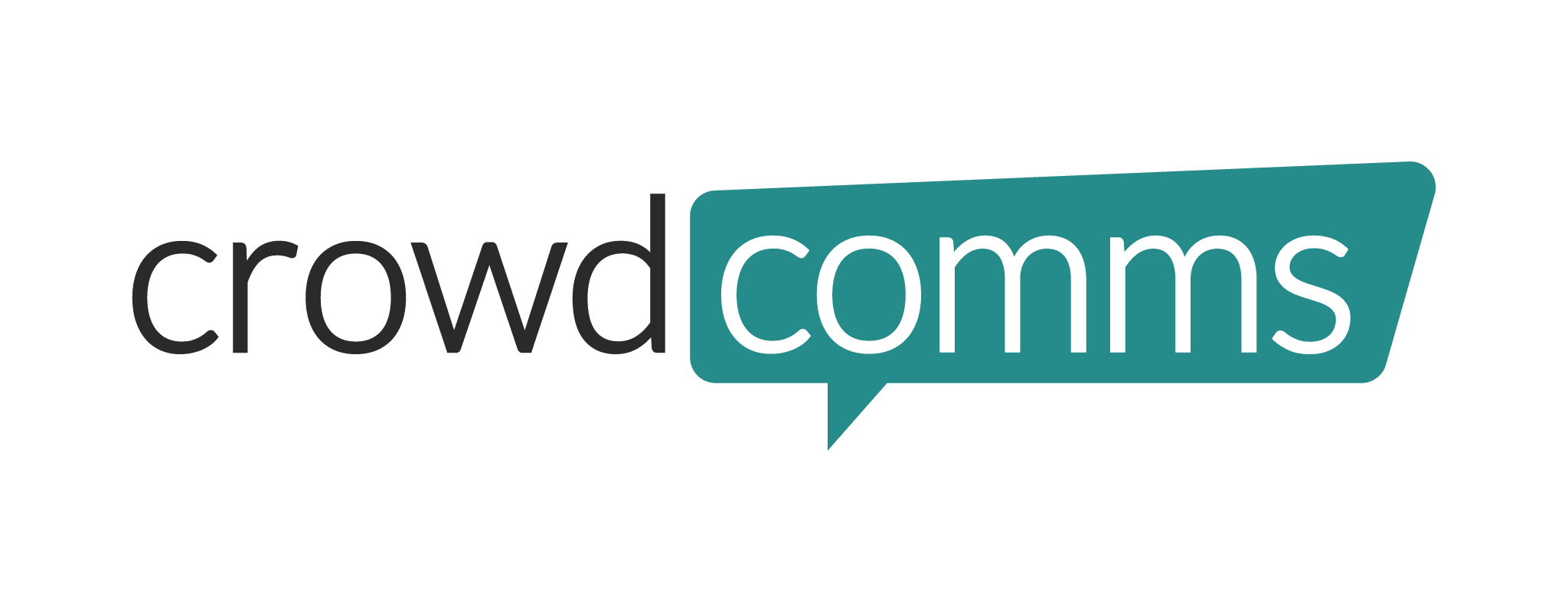Event platforms play a crucial role in the success of events, whether they are virtual, hybrid, or in-person.
These softwares serve as the backbone of event organisation and execution, providing a wide range of features and functionalities to enhance attendee experiences and streamline event management.
Event Platforms Explained
Event management software is a digital solutions designed to support the planning, execution, and management of events. They come in various forms, including virtual event, hybrid event, and in-person event platform.
Each type caters to specific event formats and requirements, providing unique sets of features and functionalities to meet the needs of event planners.
Key features and functionalities include:
- Registration and ticketing management
- Event badging
- Content management and scheduling
- Attendee engagement tools such as live polling and Q&A sessions
- Networking capabilities through virtual chat rooms and breakout sessions
- Analytics and reporting for post-event evaluation
Event Platform Benefits
Event platforms offer numerous benefits to event planners and attendees, enhancing the overall event experience and driving success. Some of the key benefits include:
Enhanced attendee engagement:
- Interactive features such as live polling, Q&A sessions, and virtual networking rooms foster engagement and interaction among attendees.
- Attendees can actively participate in sessions and connect with speakers and fellow participants, creating a more immersive event experience.
Increased access and reach:
- Virtual and hybrid event platforms break down geographical barriers, allowing attendees from around the world to participate without the need to travel.
- In-person events can reach a wider audience through live streaming and on-demand content, extending the event’s reach beyond the event venue.
Streamlined event management and organisation:
- Event platforms streamline various aspects of event planning and execution, including registration management, content scheduling, and attendee communication.
- Automated processes and centralised data management simplify event logistics and reduce administrative burden for event planners.
Data analytics and insights for improved decision-making:
- Event platforms provide valuable data and insights into attendee behaviour, preferences, and engagement levels.
- Event planners can use this data to optimise event content, tailor marketing strategies, and make informed decisions for future events.
Cost-effectiveness and resource allocation:
- By eliminating the need for physical venues, travel, and hotels, virtual and hybrid event platforms offer cost-effective solutions for event planning and execution.
- Event planners can allocate resources more efficiently, maximising ROI and delivering value to stakeholders.
Choosing the Right Event Platform
Selecting the right event platform is essential for the success of your event. Here are some key factors to consider when choosing an event platform:
Assessing event goals and objectives:
- Define clear goals and objectives for your event, such as audience engagement, lead generation, or brand awareness.
- Choose an event platform that meets your specific goals and objectives
Understanding audience demographics and preferences:
- Consider the demographics and preferences of your target audience, such as their tech-savviness, preferred communication channels, and engagement preferences.
Choose an event platform that caters to the needs and preferences of your target audience.
Evaluating budget and resource constraints:
- Determine your budget and resource constraints for the event, including platform costs, staffing requirements, and technical support.
- Choose an event platform that fits within your budget while offering the necessary features and support.
Exploring available features and custom options:
- Research and compare different event platforms, evaluating their features, functionalities, and custom options.
- Choose an event platform that offers the features you need to create a unique and engaging event experience.
Considering technical support and scale:
- Assess the level of technical support and assistance provided by the event platform vendor, including training, troubleshooting, and on-site support.
- Choose an event platform that offers reliable technical support. If you deliver events of varying size, make sure the software can scale up or down.
Maximising Event Platform Benefits
To maximise the benefits of your chosen event platform, consider the following best practices:
Pre-event planning and preparation tips:
- Define clear event goals and objectives, and develop a detailed event plan and timeline.
- Leverage the features and functionalities of your event platform to create engaging event content, including interactive sessions, live polls, and virtual networking opportunities.
- Communicate with attendees early and often, providing clear instructions and information about the event format, schedule, and logistics.
Leveraging platform features for enhanced attendee experiences:
- Customise your event platform to reflect your brand identity and create a cohesive event experience for attendees.
- Encourage attendee engagement and interaction through live polling, Q&A sessions, and virtual networking rooms.
- Provide opportunities for attendees to connect with speakers, sponsors, and fellow participants, fostering a sense of community and belonging.
Post-event review for continuous improvement:
- Gather feedback from attendees through surveys, polls, and post-event evaluations to understand their satisfaction levels and gather insights for future events
- Review event data and metrics to measure the success of your event. Identify areas for improvement, and make data-driven decisions for future events.
- Use insights from post-event review to refine your event strategy, optimise event content, and enhance future attendee experiences.
In Summary
Event platforms play a vital role in the success of events, offering a wide range of features and functionalities to enhance attendee experiences, streamline event management, and drive success.
By understanding the different types of event platforms, their key features, and the benefits they offer, event planners can choose the right platform to meet their specific event objectives. Whether hosting virtual, hybrid, or in-person events, choosing the right event platform is essential for delivering successful events that leave a lasting impression on attendees.
CrowdComms – Delivering Trusted Event Platforms
CrowdComms offers a comprehensive event platform solution designed to meet the needs of virtual, hybrid, and in-person events.
With a wide range of features and services, including registration management, content scheduling, attendee engagement tools, and analytics and reporting capabilities, CrowdComms can help you create engaging and immersive event experiences that drive success.






